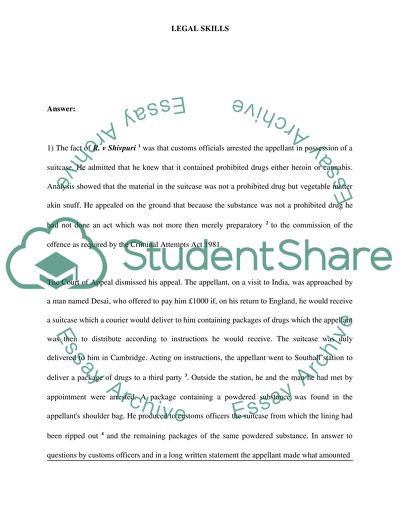Cite this document
(“Legal Skills Case Study Example | Topics and Well Written Essays - 3000 words”, n.d.)
Legal Skills Case Study Example | Topics and Well Written Essays - 3000 words. Retrieved from https://studentshare.org/law/1523153-legal-skills
Legal Skills Case Study Example | Topics and Well Written Essays - 3000 words. Retrieved from https://studentshare.org/law/1523153-legal-skills
(Legal Skills Case Study Example | Topics and Well Written Essays - 3000 Words)
Legal Skills Case Study Example | Topics and Well Written Essays - 3000 Words. https://studentshare.org/law/1523153-legal-skills.
Legal Skills Case Study Example | Topics and Well Written Essays - 3000 Words. https://studentshare.org/law/1523153-legal-skills.
“Legal Skills Case Study Example | Topics and Well Written Essays - 3000 Words”, n.d. https://studentshare.org/law/1523153-legal-skills.


